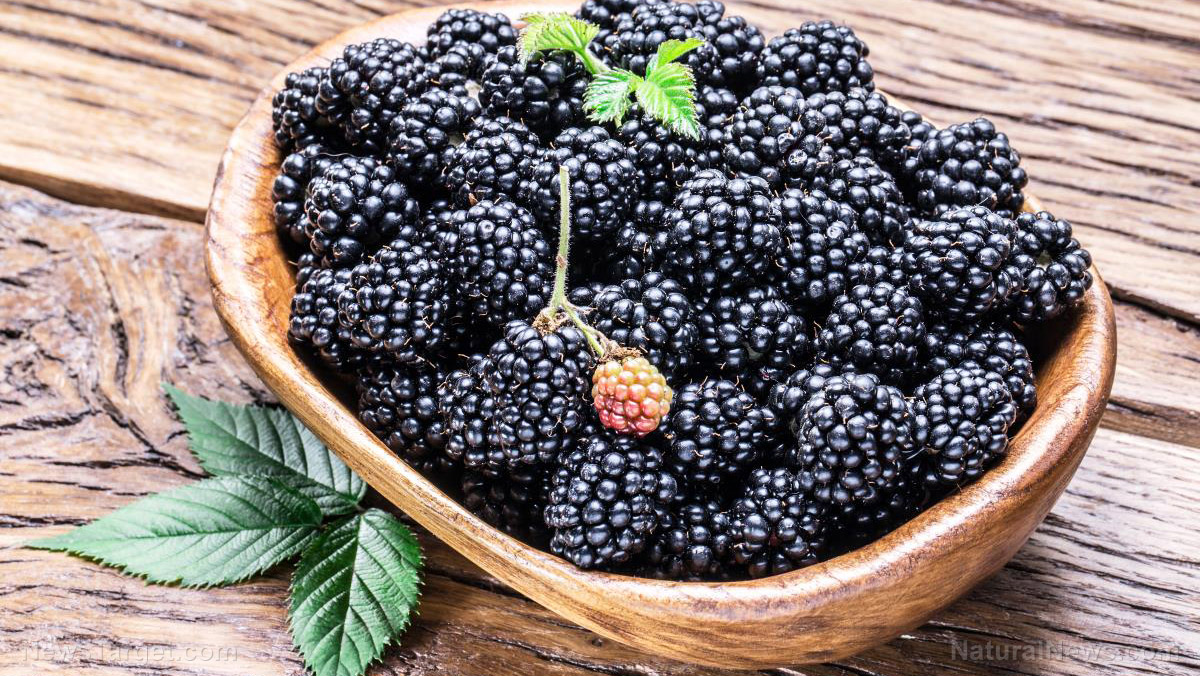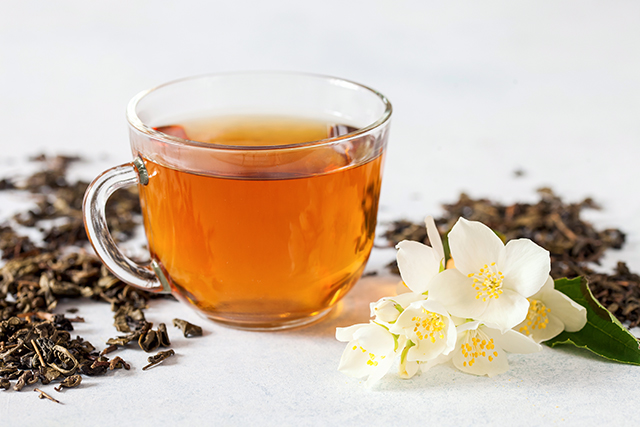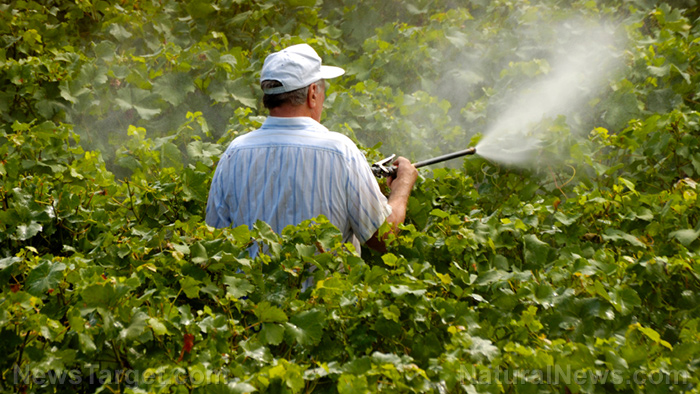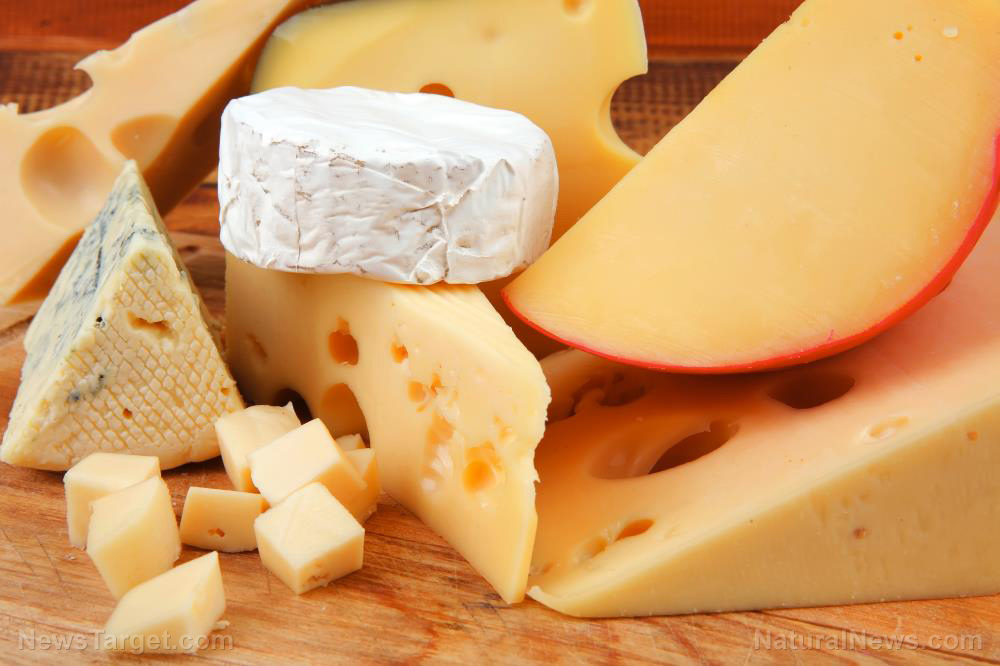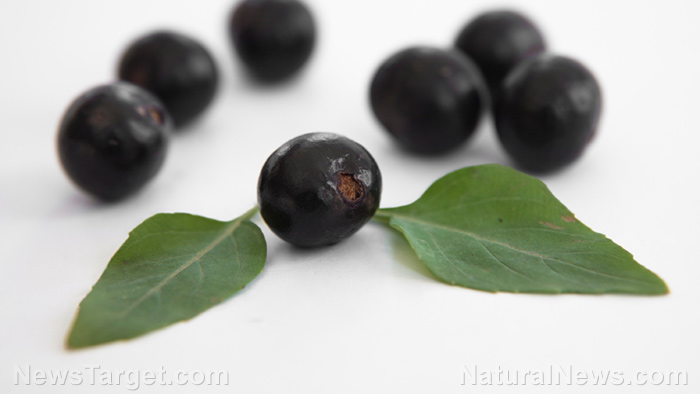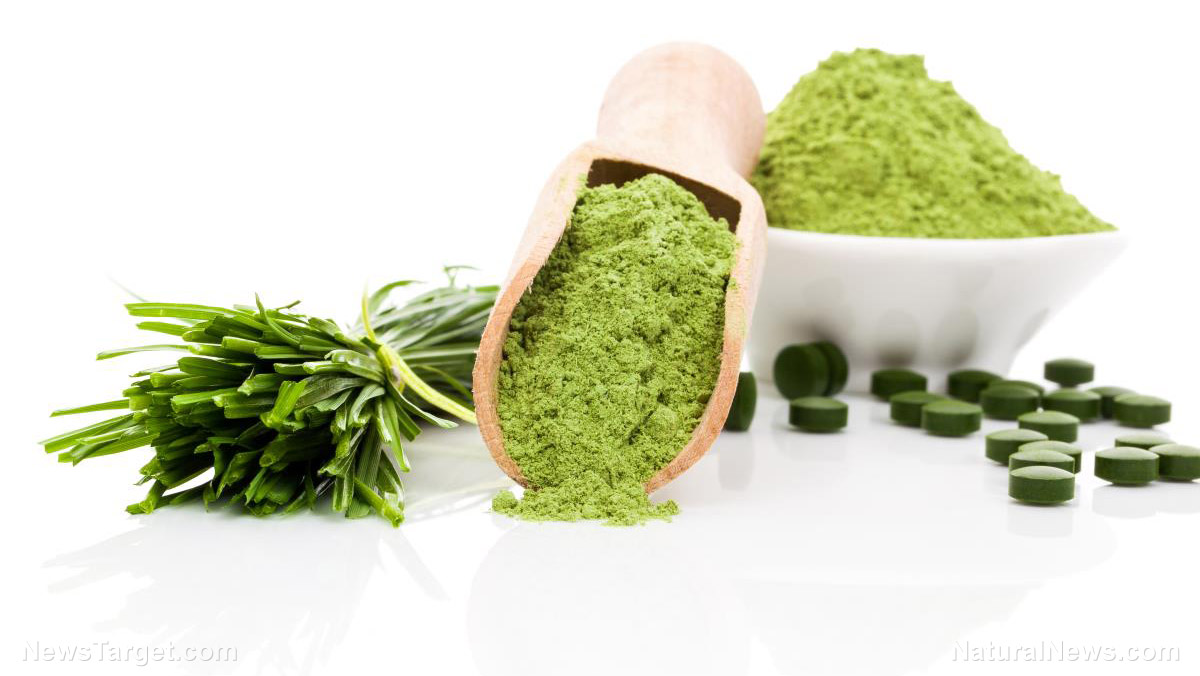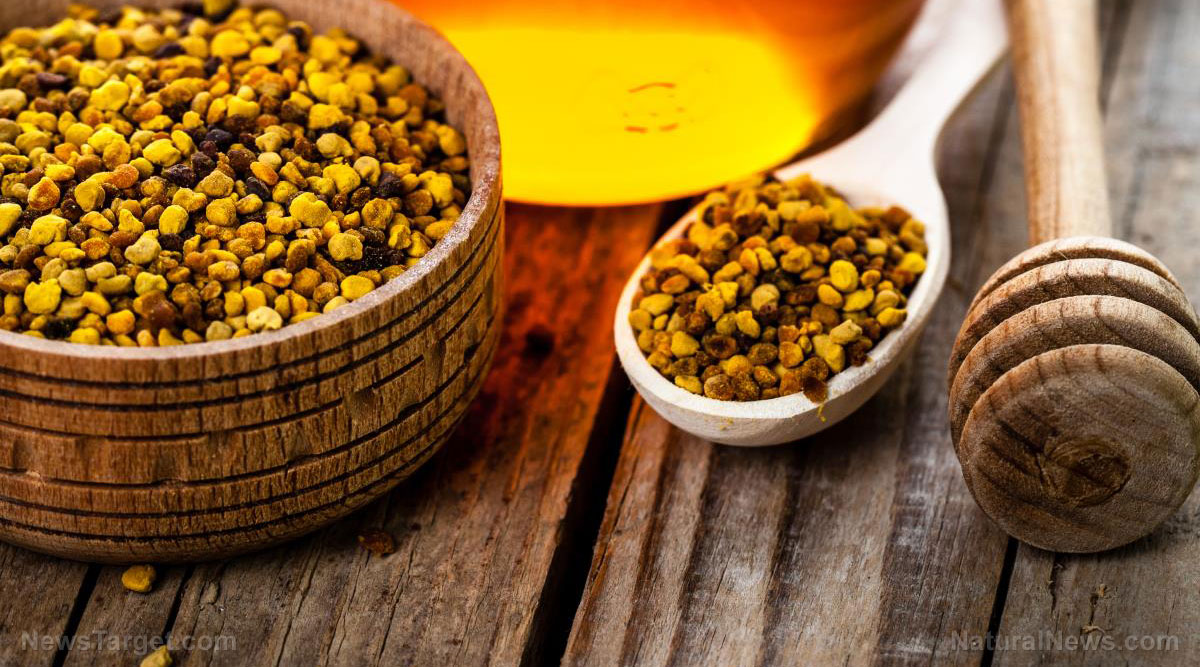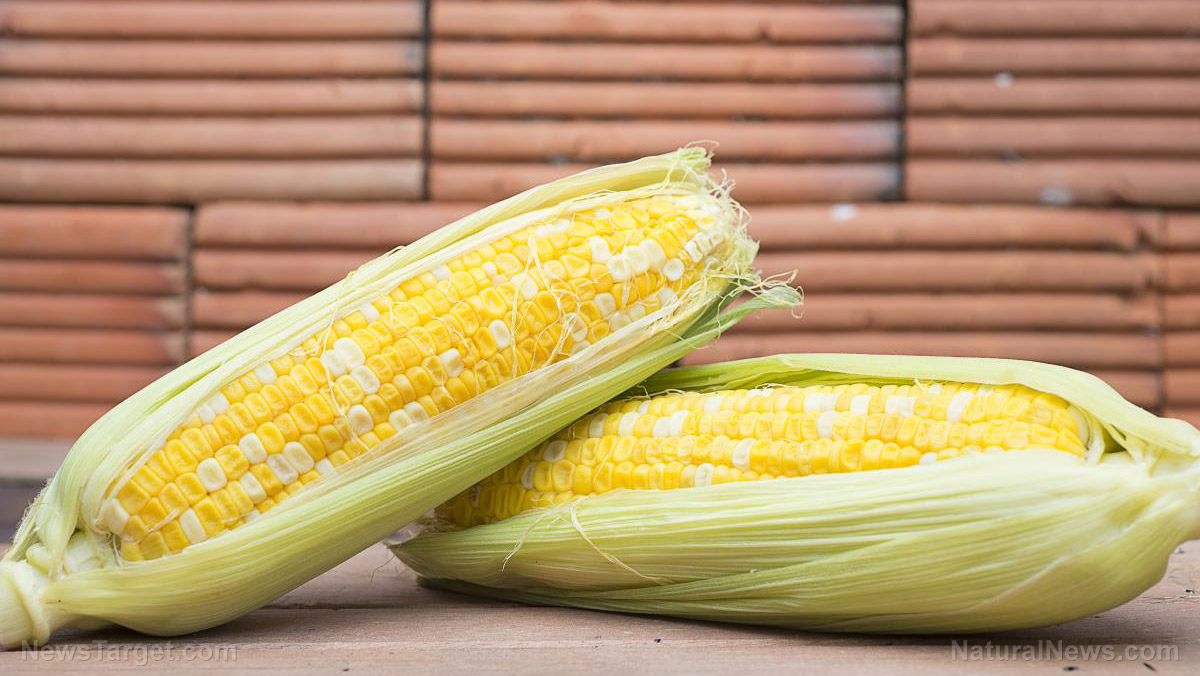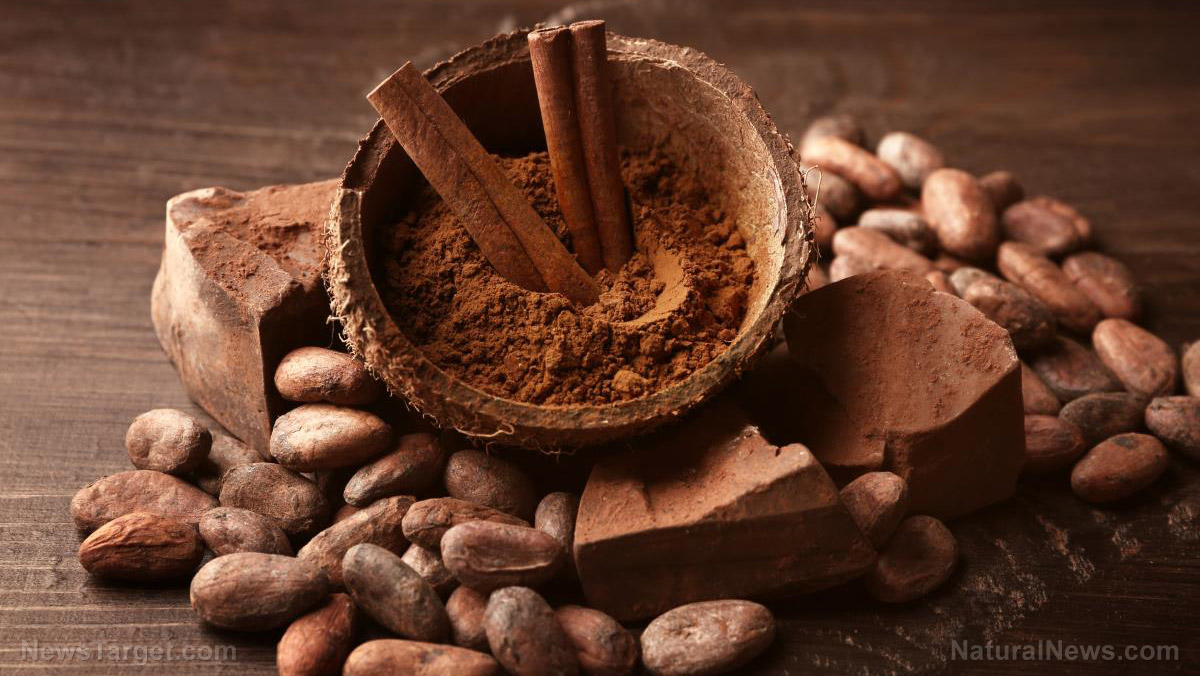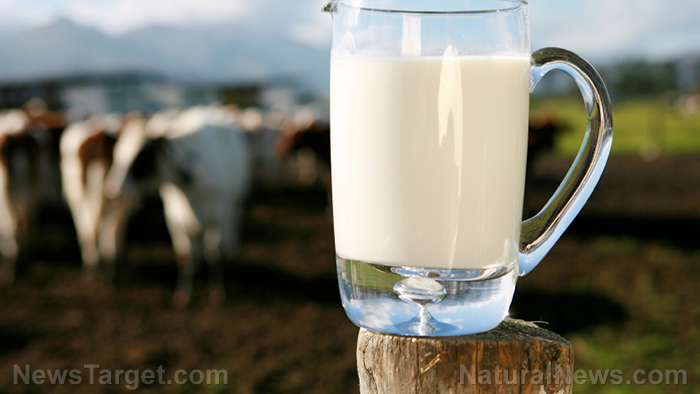Phosphate rock found to be an effective, affordable fertilizer for acidic soils in Kenya, with benefits for soil microbiology
03/13/2018 / By Frances Bloomfield

According to the researchers behind a study, published in Biology and Fertility of Soils, phosphate rock could be a highly viable fertilizer for farmers in western Kenya. Compared to traditional fertilizers like triple superphosphate, phosphate rock is a more affordable and effective alternative.
- For 13 cropping seasons, fields that rotated between corn and bean crops were fertilized with triple superphosphate or phosphate rock, while others received no additional fertilizer.
- By the end of the study, the researchers collected soil in order to measure the amount of phosphorus available to crops, how much was bound to iron, as well as the volume of phosphorus had entered the microbial community in the soil.
- In terms of crop-available phosphorus, triple superphosphate and phosphate rock were similar.
- However, 33 percent more phosphorus was bound to iron in fields that had been fertilized with triple superphosphate, which meant that less phosphorus was available to crops.
- Fields that contained phosphate rock had 299 percent more phosphorus present in soil microbial communities.
- The researchers explained that this was due to phosphate rock being a slow-release fertilizer, meaning that there was too much phosphorus at a time for both the microbes and the plants to absorb all at once.
- A companion study of yield effects showed that phosphate rock was capable of matching and even outperforming triple superphosphate.
- On top of the greater phosphorus availability, phosphate rock is also capable of lowering soil acidity and delivering extra nutrients like calcium and magnesium into the soil and crops.
Based on their findings, the researchers recommend that farmers in western Kenya opt to use phosphate rock on their crops in place of triple superphosphate.
Full text of this study at this link.
Journal Reference:
Margenot AJ, Sommer R, Mukalama J, Parikh SJ. BIOLOGICAL P CYCLING IS INFLUENCED BY THE FORM OF P FERTILIZER IN AN OXISOL. Biology and Fertility of Soils. 2017;53(8):899–909. DOI: 10.1007/s00374-017-1226-9
Tagged Under: agriculture, farming, Fertilizers, harvest, minerals, phosphate rock, Plants, soils

